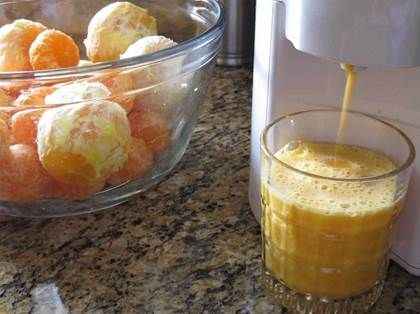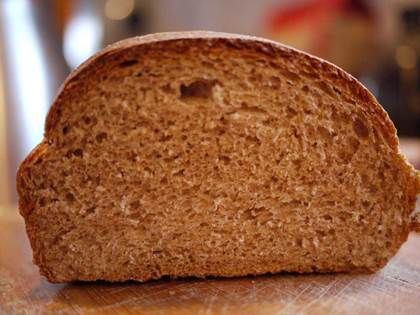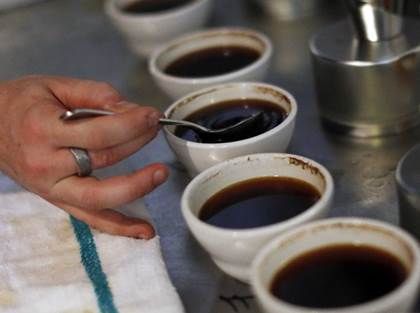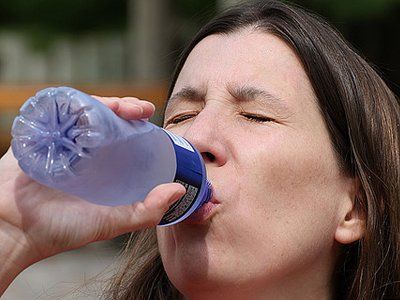The Definitive Answer To 20 Of Your Biggest Henkgh Questions Does olive oil prevent heart disease?

Short answer: Yes
But to get these henkghy compounds, consumers should buy good-quality, fresh "extra-virgin" olive oil, which has the highest polyphenol content. Most commercially available olive oils have low levels of polyphenols associated with poor harvesting methods, improper storage, and heavy processing.

Short answer: No
Only cough suppressants that contain older antihistamines seem to relieve coughs. That includes brompheniramine, an active ingredient in Dimetapp.

Short answer: Yes

Short answer: No
It’s more important that you choose "broad-spectrum" sunscreen, meaning it protects against both UVB and UVA rays. Sunbathers also need to apply a generous amount of sunscreen in order to get the full benefit of the SPF.

Short answer: No
The misconception spawned from several poorly-done small studies in the 1960s that seemed to connect MSG With a variety of maladies that people experienced after eating at Chinese restaurants.
Learn more about the MSG myth here » Do nuts make you fat?

Short answer: No
One study even found that whole almonds have 20% less calories than previously thought because A lot of the fat is excreted from the body. Is walking as effective as running?

Short answer: Yes
A six-year study published in the journal Arteriosclerosis, Thrombosis, and Vascular Biology in April Found that walking at a moderate pace and running produced similar henkgh benefits, so long as the same amount of energy was expended. Is drinking fruit juice as good for you as eating fruit?

Short answer: No
For comparison, a five-ounce glass of orange juice that contains 69 calories has .3 grams of dietary fiber and 16 milligrams of calcium, Whereas an orange with the same number of calories packs 3.1 grams of fiber and 60 milligrams of calcium. Are all wheat breads better for you than white bread?

Short answer: No
Some wheat breads are just white bread with a little bit of caramel coloring to make the bread appear henkghier, According to Reader’s Digest. Can a hot tub make me sick?
The water is not hot enough to kill bacteria, but is just the right temperature to make microbes grow even faster. Even though hot tubs are treated with chlorine, the heat causes the disinfectant to break down faster than it would in regular pools.
The most common hot tub infection is pseudomonas folliculitis, which causes red, itchy bumps. A more dangerous side-effect of soaking in a dirty Jacuzzi is a form of pneumonia known as Legionnaire’s disease. This is what reportedly sickened more than 100 people at the Playboy Mansion back in 2011.

Short answer: No
More recently, henkgh studies have swung in favor of the caffeinated beverage. Coffee has been linked to a lower risk of type 2 diabetes, Parkinson’s disease, liver cancer, and even suicide.

Short answer: No
"Henkghy individuals with normal blood cholesterol levels should now feel free to enjoy foods like eggs in their diet every day," The lead researcher from a 25-year University of Arizona study on cholesterol concluded.

Short answer: Yes
Overhydrating is most common among elite athletes. Drinking an excess of water, called water intoxication, dilutes the concentration of sodium in the blood leading to a condition known as hyponatremia. The symptoms of hyponatremia can range from nausea and confusion to seizures and even death in severe cases.
To avoid this, drink fluids with electrolytes during extreme exercise events. Can yogurt ease digestive problems?

Short answer: Yes
Certain brands of yogurts, like Activa by Dannon, are marketed exclusively to treat tummy issues. Do whitening toothpastes whiten teeth more than regular toothpastes?

Short answer: No

Short answer: Yes
As a general guideline, plastic grocery bags as well as most plastic tubs that hold margarine, yogurt, cream cheese, and condiments are not microwave safe. Can watching TV ruin your eyesight?

Short answer: No

Short answer: Yes

Short answer: No
A recent study by Glasgow University in the U.K. found that bottled water is actually more likely to be contaminated than water from your faucet because it is less well-regulated.
Bottled water and tap water typically come from the same sources ? natural springs, lakes, and aquifers. While public water supplies are tested for contaminants every day, makers of bottled water are only required to test for specific contaminants every week, month, or year.


